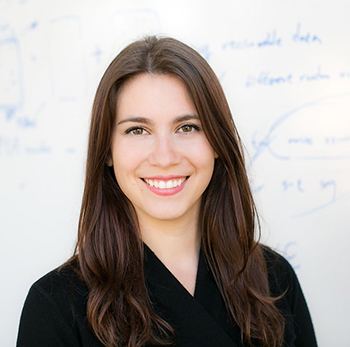Published: April 23, 2020

We are living in an increasingly digital world. Never has this been more apparent than our current reality of social distancing, as we are forced to commit to conducting more and more of our daily lives online, from business meetings, to shopping, to interacting with our families. In this new normal, questions and concerns regarding maintaining the security and privacy of our data have moved even further into the spotlight.
For this episode I am joined by Rachel Cummings, professor in the H. Milton Stewart School of Industrial and Systems Engineering at Georgia Tech to discuss the relationship between data security and data privacy, how O.R. and analytics help organizations from banks to hospitals to our own government maintain the security and privacy of our data. We’ll also talk about the importance of sharing data, focusing on the current coronavirus pandemic and the 2020 U.S. Census.
Interviewed this episode:

Rachel Cummings
Georgia Institute of Technology
Rachel Cummings’ research interests lie primarily in data privacy, with connections to machine learning, algorithmic economics, optimization, statistics, and information theory. Her work has focused on problems such as strategic aspects of data generation, incentivizing truthful reporting of data, privacy-preserving algorithm design, impacts of privacy policy, and human decision-making.
Specifically, her work focuses on differential privacy, which is a parameterized notion of database privacy that gives a mathematically rigorous worst-case bound on the maximum amount of information that can be learned about an individual’s data from the output of a computation. In one thread of her work, Cummings designs differentially private algorithms that enable accurate and privacy-preserving data analysis in a wide variety of computational settings, including machine learning, optimization, statistics, and economics. A second thread of her work uses her interdisciplinary background to address the technical, legal, and social challenges of bringing differentially private tools to bear in practice and at scale.
Episode Transcript
Contact us to request a transcript.
